What Does the ‘Main Thing’ Have to Do with the Election?
“Belmont Day School strives to be a diverse community dedicated to academic excellence and intellectual discipline where students feel secure, experience the joys of learning, and know their accomplishments are valued.”
This sentence concludes the opening paragraph of our Statement of Purpose, and I have given it a considerable amount of thought this summer as both the Republican and Democratic National Conventions have been held and we, along with the rest of the nation, have been given our two dollar ticket to the national election process as it unfolds in the most public of forums. Choose any news outlet you’d like and you will find that they have all, in one way or another, promised one of the ugliest presidential races in US history. No better time, in my humble opinion, to be an educator of pre-k to eighth grade students.
Contentious elections are nothing new to our nation. In 1800, those backing John Adams’ candidacy published in a news journal that Thomas Jefferson had died, and thus should not be voted into office. (Jefferson was alive and well at the time.) Today, that is the stuff of quaint legend; one of the many stories that shape our nation. Certainly, something worthy of being taught. What, then, to make of this year’s election?
Our work this fall, and again this winter with the inauguration ceremony, will be to simultaneously honor the diverse and varied perspectives of our community and to keep the main thing for our kids the main thing: learning from the real-time curriculum unfolding around them. Our job is not to take sides or to show our own political leanings, but instead, to ensure that while we are at school, we are upholding the noble aspiration of our Statement of Purpose and maintaining our foundational six core values.
To that end, let’s focus in a bit more closely on that last sentence of the Statement’s opening paragraph and look at it in segments:
“We are a diverse community dedicated to academic excellence and intellectual discipline…” What better place to learn about the underpinnings of democracy, the electoral process, or the convoluted distinction between a popular and electoral vote? Elections are phenomenal learning opportunities for children: what does it mean that we get to vote when, in some other countries, people do not? Why do we have a voting age? How could this notion of democracy hold up in our country for over two hundred years? As we sit in the shadow of Revolutionary monuments and find ourselves humming along to the Hamilton soundtrack, what role does our nation’s history play in our everyday experience here at BDS? And what on earth does that have to do with this year’s election?
“… where students feel secure ” Here is where I feel our personal opinions on this election must be left at the door. We are here, first and foremost, for our children and their safety, which includes that elusive notion of intellectual and emotional safety in the face of a complicated election process. Our kids are hearing and seeing strong messages from every direction: friends, parents, media, social media, teammates, lawn posters and even the hallowed halls of Minecraft. Our job is not to judge the way in which they are processing it all by bringing our own perspective to that mix, but to investigate the issues that are at the core of this election, and think critically about the ways in which each candidate is presenting information, rather than get bogged down in the mudslinging that can so often accompany campaign messaging. Our job is to help our students feel grounded in our values as an institution as they try to make sense of it all. So, if some of the more vitriolic banter from either side of the aisle makes its way into our halls, rather than engage in the ideologies behind the language, our job is to address the ways in which that behavior is inconsistent with our core values as a school and to explore the issues as critical thinkers. Our hope is that, in addressing the behavior, we will be making BDS a more secure and safe place for all of our students to…
“…experience the joys of learning ” This provides that important reminder that while we may reserve our opinions as educators, we will not, and should not, shy away from learning about the power of a democratic process. Democracy is conceptually fascinating. If we aspire to create leaders here at Belmont Day, let’s study what leadership looks like at a national and global level. At the same time, part of experiencing the joys of learning means giving kids the necessary space to unpack their understanding and emotional response to this political race as it unfolds.
“…and know their accomplishments are valued.” This part brings me back to our need to honor all sides of this election process. Children are still trying to make sense of the world around them, and that includes the way in which they experience, process, and articulate their feelings about this election. Part of feeling as though their accomplishments, in this case, the articulation of their perspectives are valued falls on all of usteachers, peers, and parentsto recognize that every perspective has merit. In the ideal, each perspective brought to the table should be part of a broader critical dialogue. Truly, the best conversations are borne of excellent teachers asking questions and not imposing their own opinions, but rather teasing out the opinion of a child trying to make sense of a world at a critical cultural moment in time. We expect students to think deeply, not merely to mimic information they may have heard, and we hold the adults in our community to a similar standard.
On the heels of Back to School Night, I know the question of the election came up in several classrooms. I hope this has helped to provide for you some scaffolding as to how we intend to think about and discuss the upcoming election. If you have any specific questions or concerns, please feel free to reach out to discuss them.



